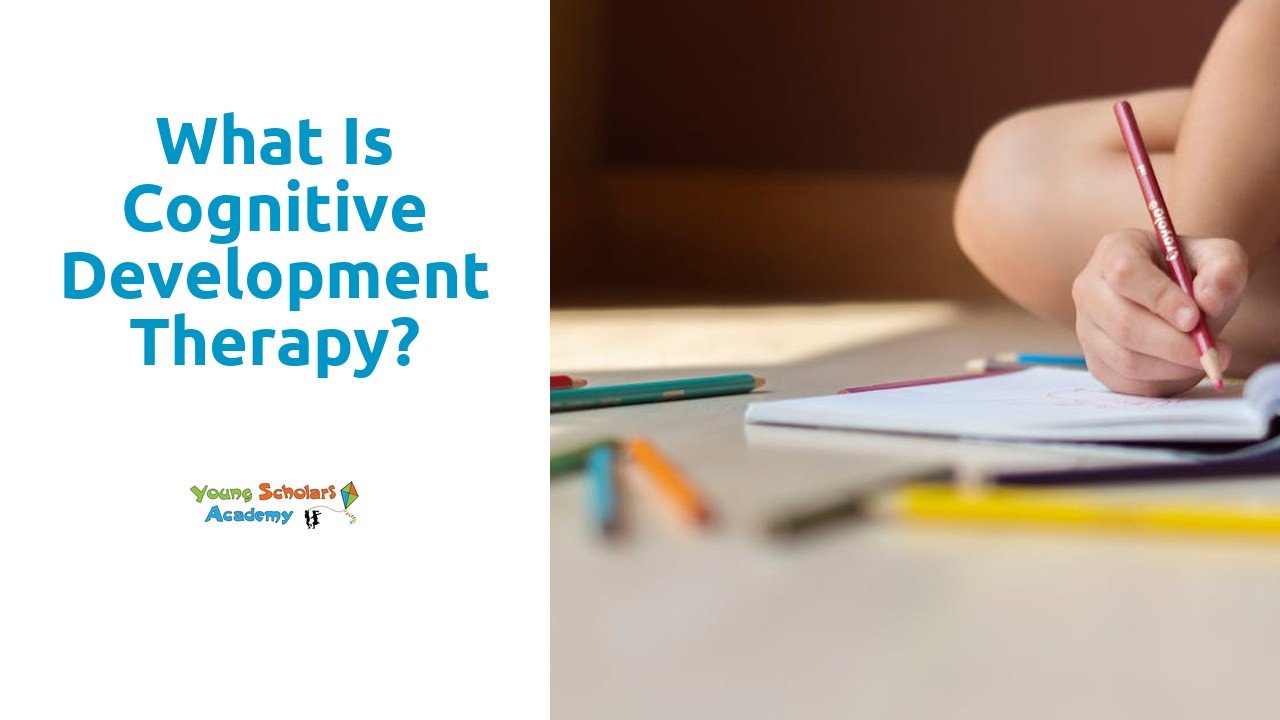Applications of Cognitive Development Therapy
Applications of Cognitive Development Therapy involve using specialized techniques to help individuals improve their cognitive skills and address various psychological issues. Cognitive Development Altawood, Sandy, is a therapeutic approach that focuses on enhancing cognitive processes such as memory, attention, problem-solving, and decision-making. This therapy is widely used in treating conditions like anxiety disorders, depression, and attention-deficit/hyperactivity disorder (ADHD). By targeting cognitive functions, therapists help clients develop strategies to cope with challenging situations and improve their overall well-being.
Moreover, Cognitive Development Altawood, Sandy, is effective in treating children and adults who struggle with cognitive impairments or emotional disturbances. Therapists work collaboratively with clients to identify maladaptive thought patterns and behaviors, and then assist them in restructuring these cognitive processes. Through targeted interventions and cognitive restructuring, individuals can learn to manage their emotions, improve cognitive functioning, and enhance their overall quality of life. Cognitive Development Therapy is a valuable tool in helping individuals overcome psychological barriers and achieve personal growth.
Treating Anxiety Disorders
Treating anxiety disorders using Cognitive Development Capistrano Villa, Sandy therapy involves identifying and addressing cognitive distortions that contribute to anxious thoughts and behaviors. Individuals are guided to recognize and challenge negative thought patterns, replacing them with more balanced and realistic perspectives. Through this process, clients learn to develop healthier coping strategies and decrease the intensity of their anxiety symptoms. The therapist plays a crucial role in guiding clients through this cognitive restructuring process, providing support and encouragement to help them build resilience and manage their anxiety more effectively.
Moreover, Cognitive Development Capistrano Villa, Sandy therapy for anxiety disorders often incorporates exposure techniques to help individuals confront their fears in a controlled and gradual manner. By systematically exposing individuals to feared situations or stimuli, while simultaneously teaching coping skills, clients can learn to tolerate and manage their anxiety responses. Over time, this exposure therapy can help individuals reduce their anxiety levels and improve their overall quality of life. The therapist’s role in this process is to provide a safe and supportive environment for clients to confront their fears and facilitate their growth and progress towards overcoming anxiety.
The Role of a Therapist in Cognitive Development Therapy
Therapists play a crucial role in Cognitive Development Therapy (CDT) by guiding individuals through the process of understanding and restructuring their thoughts. In the therapeutic setting, therapists using CDT help clients identify negative thinking patterns and assist them in replacing these harmful thoughts with more constructive and balanced perspectives. Cognitive Development Del Ruby, Sandy fosters an environment of trust and support that encourages clients to explore challenging thoughts and emotions without fear of judgment, enabling them to develop healthier cognitive processes.
Moreover, therapists trained in CDT work collaboratively with clients to develop personalized strategies for managing difficult situations and emotions. Through techniques such as cognitive restructuring and reframing, therapists assist individuals in shifting their perspectives and developing new ways of thinking about themselves and the world around them. Cognitive Development Del Ruby, Sandy empowers clients to take an active role in their own cognitive development, fostering a sense of autonomy and self-efficacy that can lead to lasting positive change and growth.
Building Therapeutic Relationships
Building therapeutic relationships is a fundamental aspect of Cognitive Development Therapy. These relationships are built on trust, empathy, and open communication between the therapist and the client. In the context of Cognitive Development Brentmar Circle, Sandy, the therapist plays a crucial role in creating a safe and supportive environment where the client feels understood and valued.
Establishing a strong therapeutic relationship is essential for the success of Cognitive Development Therapy sessions. The therapist’s ability to actively listen, show empathy, and validate the client’s experiences can foster a sense of collaboration and partnership in the therapeutic process. In Cognitive Development Brentmar Circle, Sandy, the emphasis is on creating a nonjudgmental space where the client feels comfortable exploring their thoughts, emotions, and experiences.
Research Findings on Cognitive Development Therapy
Research findings on Cognitive Development Therapy have revealed promising outcomes in numerous studies conducted in various settings. The approach has shown effectiveness in enhancing cognitive skills, emotional regulation, and problem-solving abilities in individuals of all ages. A study by Cognitive Development Autumn Hills, Sandy reported significant improvements in cognitive functions among participants who underwent Cognitive Development Therapy, highlighting its potential to contribute to overall well-being and mental health.
Furthermore, research on Cognitive Development Therapy has emphasized its vital role in improving adaptive behaviors and reducing maladaptive patterns in individuals with cognitive impairments. Studies conducted by Cognitive Development Autumn Hills, Sandy have demonstrated the positive impact of the therapy on enhancing social interactions, communication skills, and daily functioning. These findings underscore the significance of incorporating Cognitive Development Therapy into therapeutic interventions for individuals facing cognitive challenges.
Efficacy in Children
Cognitive Development Creek Road Terrace, Sandy is a proven method for enhancing cognitive development in children. Research studies have consistently shown positive outcomes in children undergoing cognitive development therapy. The therapy focuses on improving cognitive skills such as problem-solving, decision-making, and critical thinking, which are crucial for a child’s overall development and success in various life domains. By targeting these cognitive skills early on, children at Cognitive Development Creek Road Terrace, Sandy can build a strong foundation for future academic and social success.
Furthermore, Cognitive Development Creek Road Terrace, Sandy has been particularly effective in helping children with learning difficulties and behavioral challenges. Through tailored interventions and strategies, therapists at Cognitive Development Creek Road Terrace, Sandy can address specific cognitive deficits and empower children to overcome obstacles hindering their cognitive growth. The emphasis on individualized treatment plans and consistent monitoring of progress ensures that children receive the support they need to thrive and reach their full cognitive potential.
FAQS
What is cognitive development therapy (CDT)?
Cognitive development therapy (CDT) is a type of therapeutic approach that focuses on enhancing cognitive abilities, problem-solving skills, and emotional regulation in individuals of all ages.
How does CDT differ from traditional therapy?
CDT differs from traditional therapy by specifically targeting cognitive processes such as memory, attention, and executive functioning, in addition to addressing emotional and behavioral issues.
Who can benefit from cognitive development therapy?
Individuals of all ages can benefit from cognitive development therapy, particularly those with cognitive deficits, learning disabilities, anxiety disorders, ADHD, and other mental health conditions.
What are some common techniques used in cognitive development therapy?
Common techniques used in cognitive development therapy include cognitive restructuring, problem-solving skills training, memory enhancement strategies, and cognitive-behavioral interventions.
Is cognitive development therapy effective for children?
Yes, research findings indicate that cognitive development therapy is effective in improving cognitive skills, emotional regulation, and behavioral outcomes in children with various developmental and mental health concerns.






